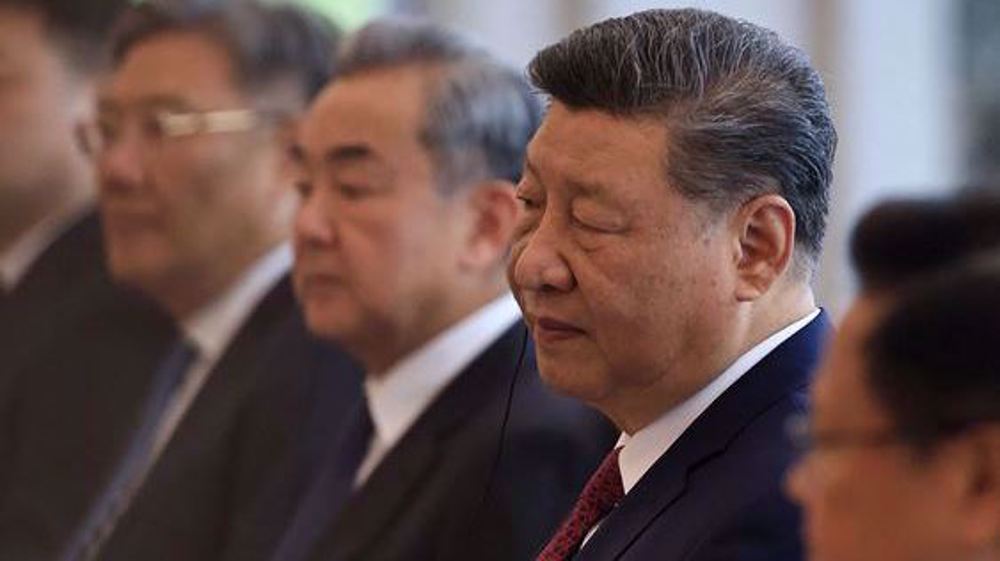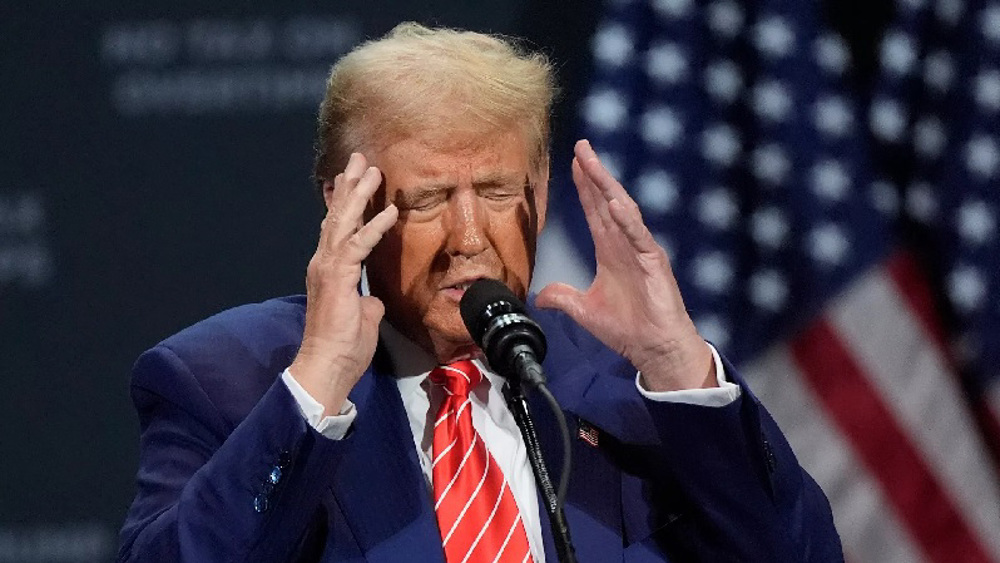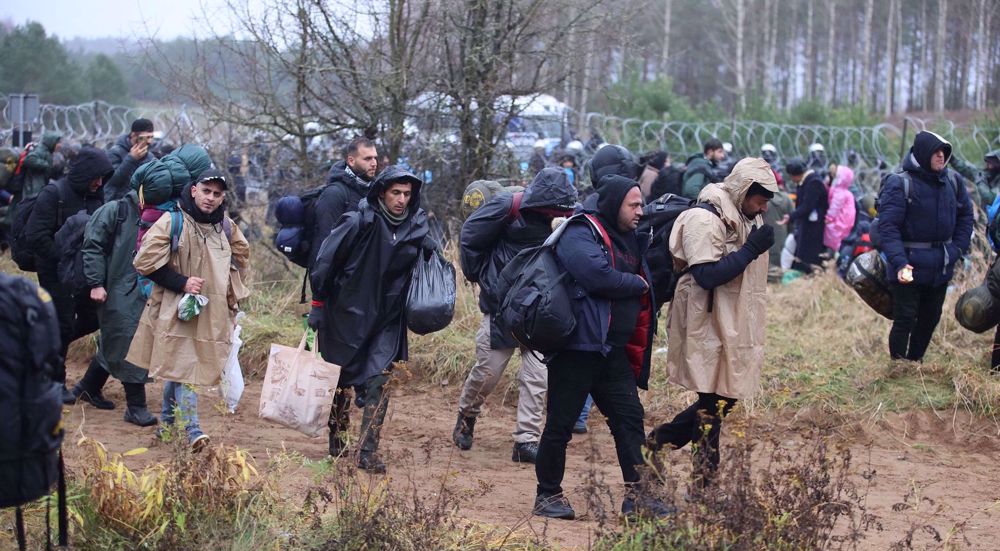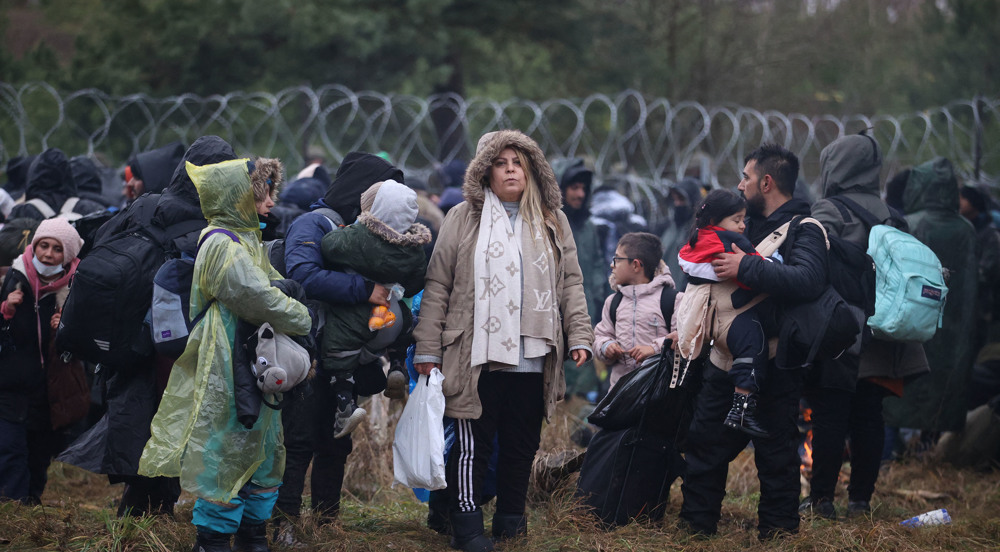EU imposes visa sanctions on Belarus amid migration crisis
The European Union (EU) has suspended simplified visa application rules for Belarusian government officials in its latest response to an ongoing migration crisis at Poland’s border with Belarus.
In a press statement released on Tuesday, the Council of the European Union said, “The Council today adopted a decision partially suspending the application of the EU-Belarus visa facilitation agreement,” adding that ordinary citizens were not subject to the new sanctions and could still “enjoy the same benefits under the visa facilitation agreement” in place since July 2020.
Accordingly, Belarusian government officials will not be able to apply for EU visas using the procedures that are not strict on the required documents and the administration fee.
EU member state Poland accuses Belarus of coordinating an unprecedented wave of asylum seekers attempting to illegally cross into Poland. With tensions having risen as both Poland and Belarus have deployed thousands of soldiers to the border region, Belarusian President Alexander Lukashenko said that his government “will not kneel” in the standoff.
In an interview released by state news agency Belta on Tuesday, Lukashenko said, “We are not seeking a fight... I am not a madman, I understand perfectly well where it can lead... We understand, we know our place. But we will not kneel.”
The EU accuses Lukashenko of seeking revenge for EU sanctions by inviting “tourists” from countries that are the main sources of migration to the bloc.
The development comes in the wake of the suspension of overflights through EU airspace and access to EU airports for all Belarusian aircraft following the detention of Belarusian journalist Raman Pratasevich and his partner in June.
As a solution to end the crisis, Russian Foreign Minister Sergei Lavrov has suggested that the EU could provide financial assistance to Belarus in order to encourage it to stop migrants from crossing into the bloc.
He referred to a 2016 deal under which the EU provided funds to Turkey, in return for Turkish guarantee to take back migrants and refugees who illegally entered Greece across the Aegean Sea. He suggested the EU could do the same with Belarus.
Speaking at a news conference in Moscow on Tuesday, Lavrov asked, “Why, when refugees were coming from Turkey, did the EU provide financing so that they stayed in the Turkish Republic? Why is it not possible to help the Belarusians in the same way?”
EU countries bordering Belarus – Lithuania, Latvia, and Poland – have reported a dramatic increase in the number of irregular crossings since August. According to the latest estimates from last month, over 6,000 migrants tried to enter the bloc via the Belarus-EU border, a sharp rise from last year’s 150.

Xi calls on EU to join China to resist Trump trade war 'bullying'

Euronext says US resembling emerging market as trade war escalates

Trump's tariffs hitting EU exports to US
Saudi Arabia calls for 'maximum pressure' on Israel as UN warns of ‘longest Gaza blockade’
Pezeshkian says relations with Iraq ‘priority’, hails proximity of two nations
China raises retaliatory tariffs on US goods to 125%
Reaching agreement ‘possible’ if US ends intimidation, threats: Iran’s deputy FM
‘Iran’s chemical warfare victims living proof of hollowness of West’s human rights claims’
China's oil imports from Iran surge despite US sanctions: Report
Official: Iran has surpassed West's 'arbitrary' redlines on nuclear tech
Mostly women, children killed as Israel expands Gaza onslaught








 This makes it easy to access the Press TV website
This makes it easy to access the Press TV website